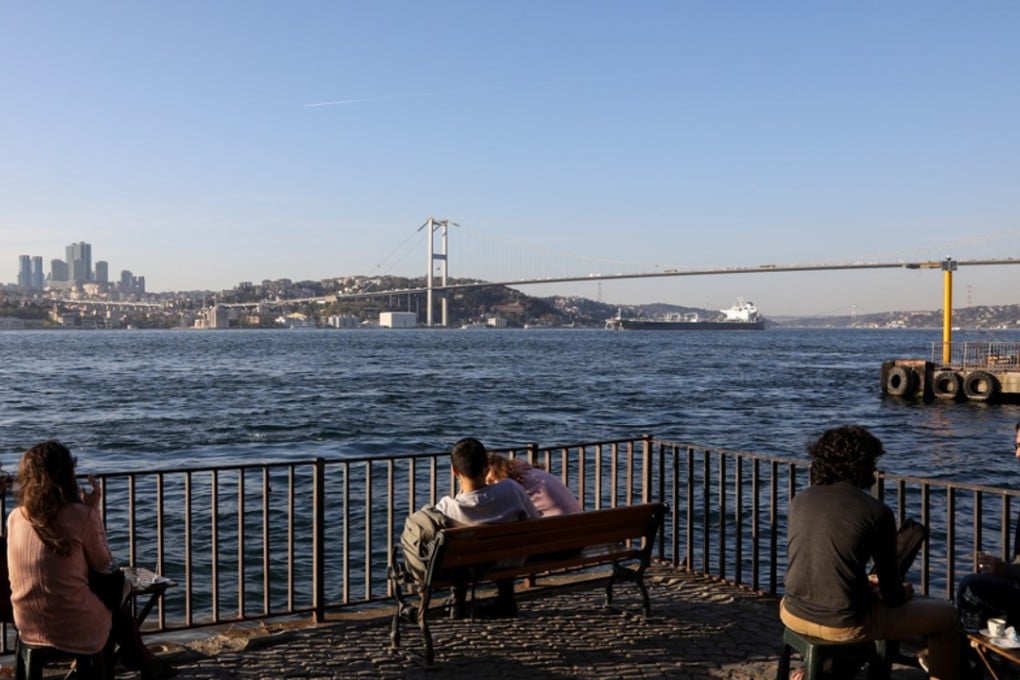Erdogan’s Kanal Istanbul may save ships from crashing but critics say it’s ‘a real estate project’ and environmental hazard
While it will alleviate traffic in the Bosphorus, the canal will effectively trap 8 million people on a new artificial island in a city notoriously prone to earthquakes

When the Maltese-flagged bulk carrier Vitaspirit crashed into an 18th-century mansion on the Bosphorus Strait in April, it not only meant significant cultural loss for Istanbul, but also provided fodder for the supporters of the Kanal Istanbul project.
The Bosphorus, a narrow sea channel that is about 32km-long, is a notoriously difficult waterway to navigate.
“The difficulty comes from its narrowness, sharp curves and the continuous current coming to the Marmara Sea from the Black Sea, which is half a metre higher,” said Cahit Istikbal, a pilot and president of the Turkish maritime safety association.
In 2017, about 43,000 ships crossed the Bosphorus according to the Turkish government, making it one of the busiest waterways in the world. Istikbal estimates that at least two ships run aground every year trying to cross it.
“If the question is decreasing the risk of collision in the strait of Istanbul, then yes, Kanal Istanbul will serve its purpose,” added Istikbal.